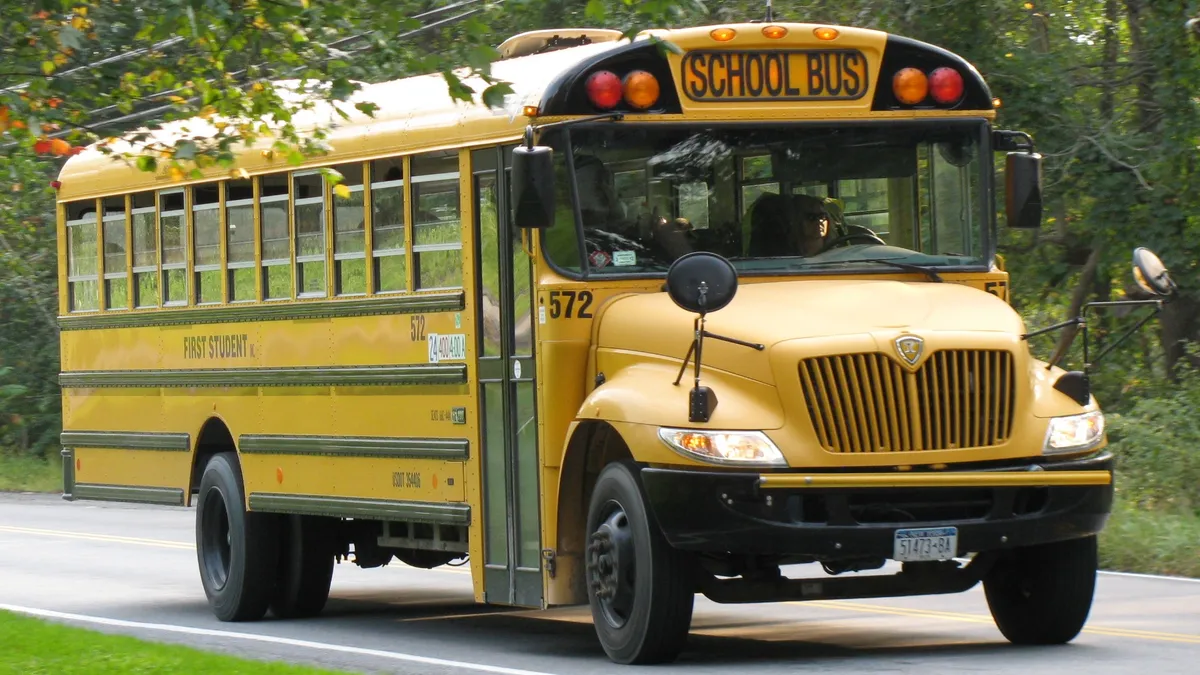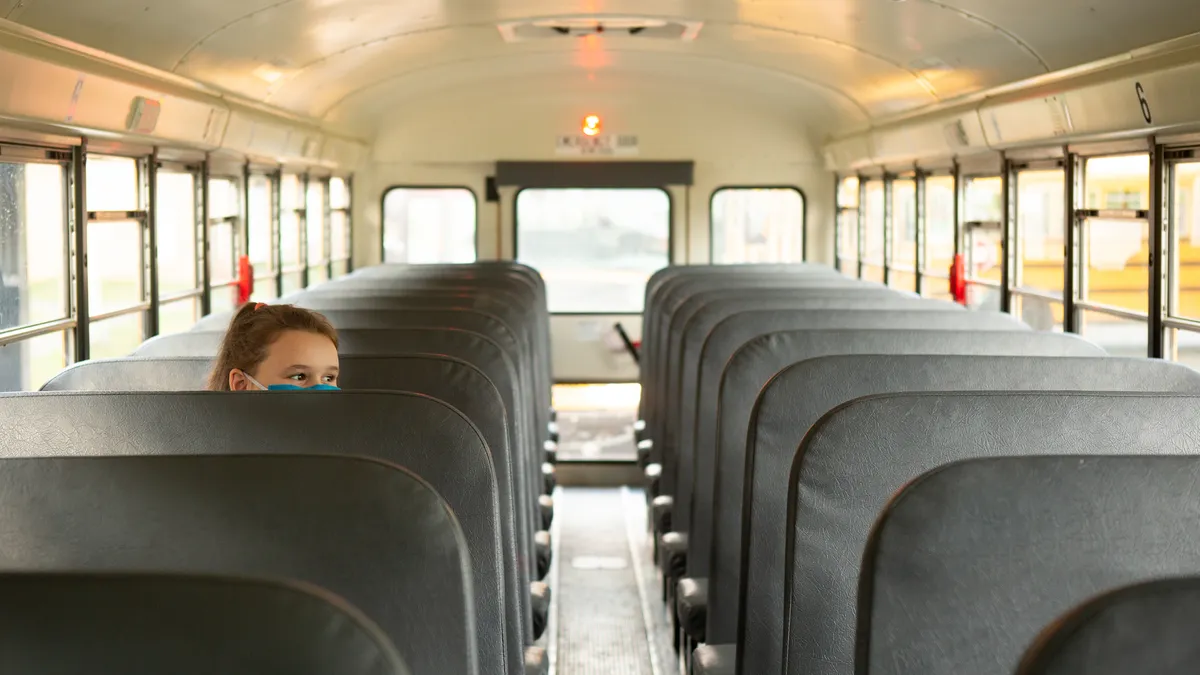Dive Brief:
- Sarah Carr, editor of the Teacher Project at Columbia’s Graduate School of Journalism, writes for Slate that history has already proven that the fight for school choice without any government intervention is bad for students.
- In Milwaukee, where the nation’s first urban school voucher program got its start, a convicted rapist and an embezzler ran schools and collected public money from voucher holders until the state stepped in to close them down — even though there were still families enrolling their children in those schools.
- DeVos has argued that parents should be free to choose the schools they want their children to attend and placed her faith in their ability to choose the best ones, but Carr writes low-income parents are at a particular disadvantage because they do not have the time, wherewithal or resources to do so.
Dive Insight:
School voucher programs got their start as a way to give low-income families access to otherwise out-of-reach private schools. Critics who support school choice when it comes to charters but not vouchers say public money should not be funneled to private schools that are not subject to transparency laws or religious schools because of a preferred separation of church and state.
In Indiana, where Vice President Mike Pence served as governor during the expansion of a voucher program, critics point to the fact that more than half of voucher recipients never attended public schools and many principals of private schools confirm vouchers have simply made it easier for previously enrolled families to meet the tuition burden.






 Dive Awards
Dive Awards







